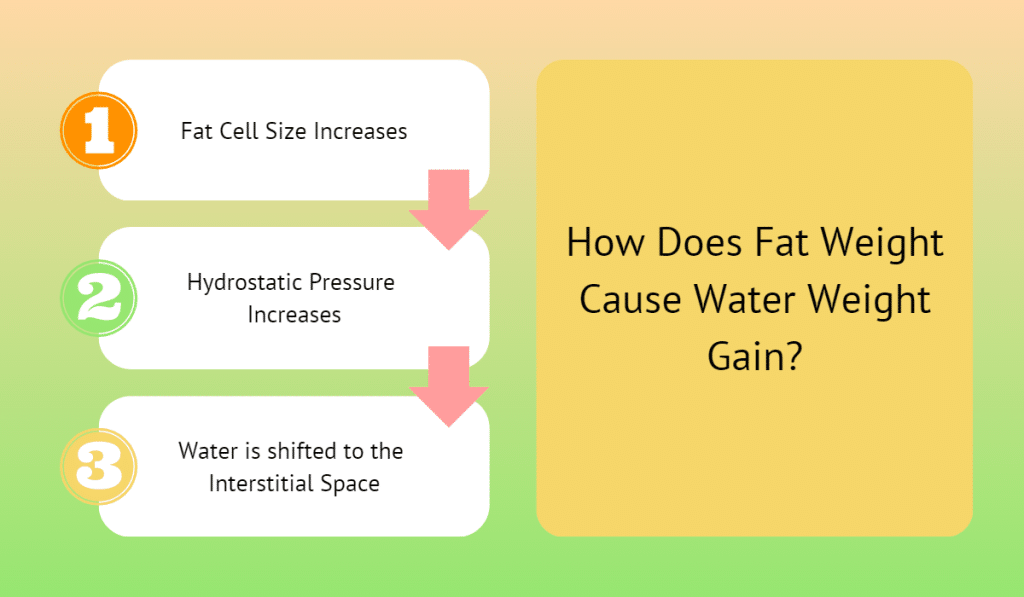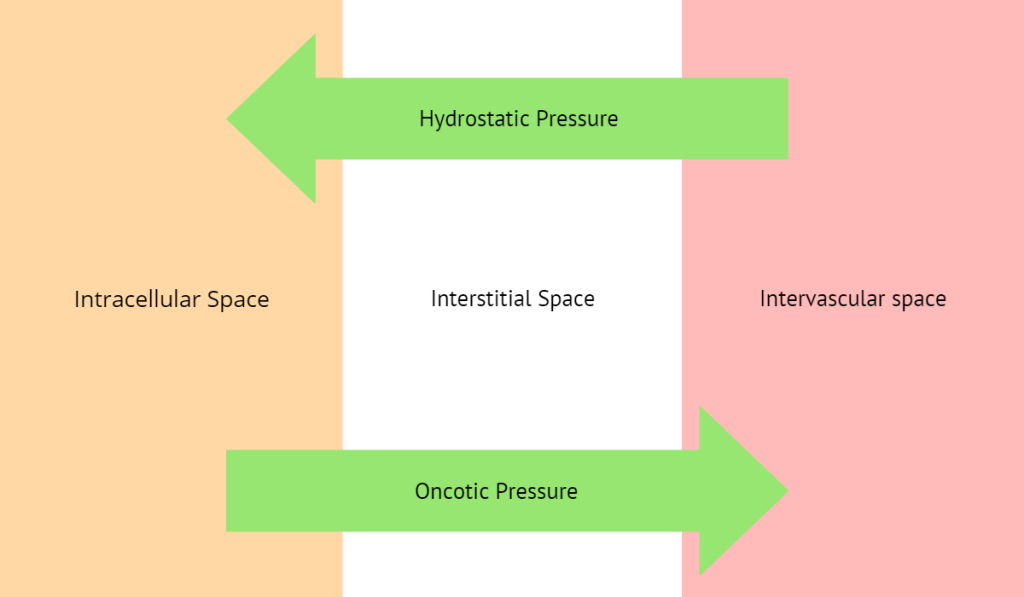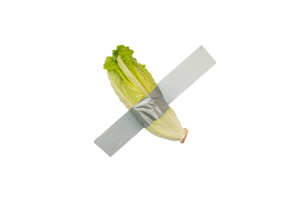Although burning fat is what everyone focuses on when they try to lose weight, it is not the only factor. When you go up on the scale and see these numbers go down, you immediately assign those numbers to the fat you melted off in that intense cardio session. Although I am a medical doctor, I was just like that. But my weight loss journey brought me back to the scientific reality and made me dive deeper into nutrition to discover what is basic: science is rarely binary. With that in mind, let’s jump directly into how many calories are in 1 kg of body weight.
To lose 1 kg of body weight (2.2 pounds) you need to burn around 3080 kcal. This will lead to the burning of 400 grams of body fat, and 600 grams of water will be lost automatically. This is due to normal physiological processes in the body regulating its water content.
Controversial? I know, Let me explain.

Table of Contents
Losing weight faster than I expected
Before I go into the science behind this, I want to tell you about a part of my weight loss journey. I was dieting, going to the gym, and studying nutrition and exercise at the same time. I was making mathematical calculations to decide how much calorie gap I need and set my body goals. The numbers didn’t add up, I thought I needed to burn 7700 kcal to lose 1 kg of body weight and I was losing at a much faster rate. I started to research much deeper, and then it suddenly hit me. 60% of our body is water. When I multiplied 7700 by 60% the result came out to be 3080, and I quickly applied that number to my calculations. Afterward, the results made much more sense. I continued to use these calculations for years to come, and they never failed me since.
How many calories are in 1 kg of Fat?
The most common concept out there is that there are 7700 kcals in 1 kg of body fat, which is entirely accurate. To be more accurate, there are 9 kcals in 1 gram of fat, which yields 9000 kcal in 1 kg of fat. However, fat absorption, metabolization, and breakdown all require energy. This leads to the loss of roughly 1300 kcal in the process and affects the overall result. The problem with this perspective is very narrow. It solely focuses on how many calories are in 1 kg of fat without accounting for other physiological mechanisms in the human body and their relationship with fat loss. One of these mechanisms is water retention, and we’re concerned with it here for the sake of the topic we’re discussing.
How many calories are in 1 kg of water?
Water constitutes about two-thirds of our body (60%), and its percentage differs greatly according to the individual’s age, sex, body composition, and other factors. Water has no calories but it’s retained in your body by various mechanisms. Your body normally would retain about 42 liters, but if you gain weight it will keep more. To understand this, I must first tell you about fluid compartments in our bodies and the two types of pressure that moves that fluid around. Water exists in four spaces of our body, and for this article, we’re going to talk about three:
- the intracellular space: The space that is inside the cells
- the interstitial space: The space that is between the cells
- intravascular space: The space that is inside the blood vessels
The 2 types of pressure that move the water between these compartments:
- Hydrostatic pressure: moves fluid outside of the blood vessels
- Oncotic pressure: moves fluid inside the blood vessels.

How is water retained when you gain fat?
As you gain fat weight, the fat cells grow larger. Their big size increases the hydrostatic pressure, and they extract more water from the blood vessels to the interstitial space. This condition is known as “Third spacing“. The opposite happens when you lose weight, and you lose all that excess water through many mechanisms such as urination. Keep in mind that there is no good reason to restrict your water intake if you feel you’re gaining weight because dehydration can seriously harm you. However, it is a good reason to lose fat weight through diet and exercise.
Does that mean the Whoosh effect is real?
If you don’t know, the “Whoosh effect” refers to when you’re dieting and you suddenly lose a lot of weight. It is interpreted due to the fat cells replacing fat with water when you lose weight and then losing the water afterward. This is a misconception due to not understanding the normal physiological process I just explained. When the fat cells lose fat, they shrink. Also, the water does not accumulate inside the cells but rather outside in the interstitial space. Another thing to point out is the “sudden” loss of weight. The water loss occurs gradually and in proportion to the amount of weight lost. People might experience a sudden loss of weight due to 2 factors: Forgetting to go on the scale and normal body weight fluctuations. Normal body weight fluctuates from about 2.2 to 2.7 kg daily, and that’s a lot.
Why measuring progress is hard
If the scale is driving you crazy, you’re not the only one. You may be exercising and following a proper diet, and the scale might show you the same weight or more every day. Your clothes are getting much looser but the scale still won’t budge. This is due to a variety of reasons, such as gaining muscle and losing fat at the same time, and the normal weight fluctuations I mentioned earlier. There are several ways you can combat and get a much better reading, but these ways are not foolproof. This includes:
- Weigh yourself always at the same time of the week on an empty stomach and after going to the toilet. I know that this is hard to achieve sometimes.
- Plot the different results in a graph. This will give you a better overall picture of your weight loss than a single reading.
- Be aware of your body composition. I talked about this in my previous article discussing how to set your body goals.
Not being able to measure progress is a main reason why people were confused when it came to answering the question: How many calories are in 1 kg of body weight. I applied all of the tips I talked about earlier, and achieved a better conclusion regarding the answer. I still get confused sometimes, which is normal because as I said before these ways are not foolproof. However, I have a better grasp of the principles that allow me to understand the human body.
Conclusion
Time to sum things up. To lose 1 kg of your body weight, you need to burn 3080 kcal, and the burned fat will allow for excess water weight to leave your body. Body physiology is complicated, and to understand it fully we should dive deeper to understand the overall picture. Let me know if I missed anything, or if you have a vital piece of information. Share this post on social media so that other people can benefit from it, thanks for reading!


